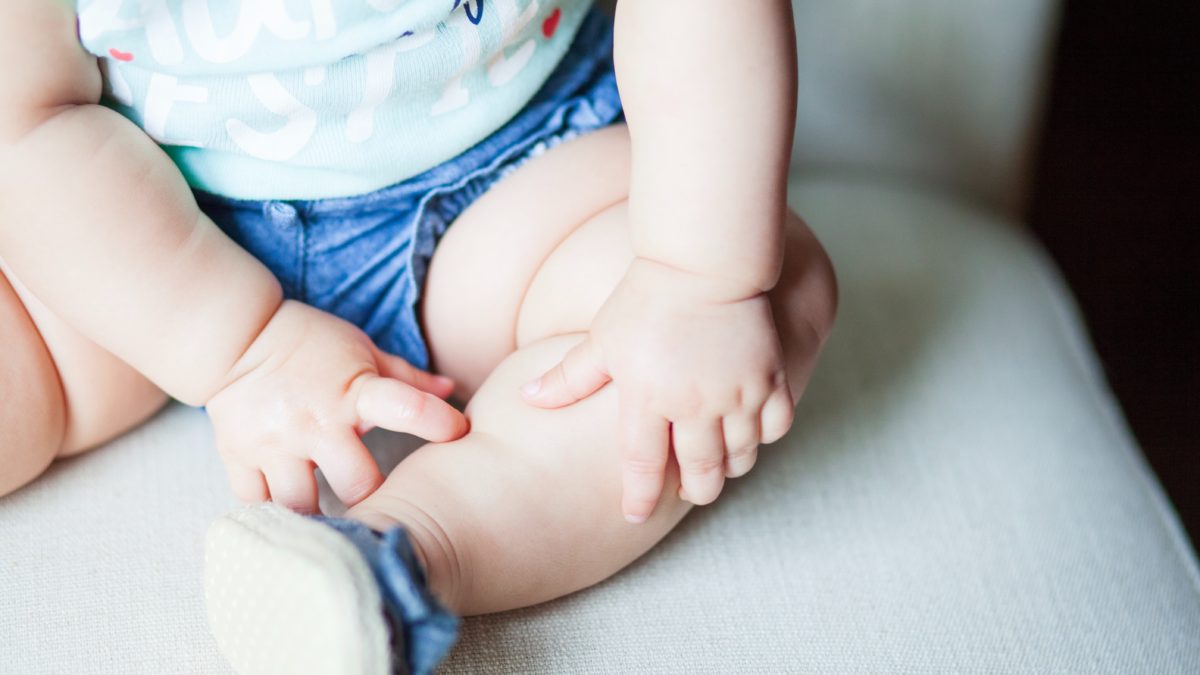Coping with Divorce

Let’s not sugar coat it. Divorce is tough on everyone, including the kids.
Divorce is hard. Being aware and catering for your child’s delicate feelings at this time can help them to cope better.
Children are going through a lot as well, and just like the adults involved are often insecure, scared and unsure of what is going on.
Sometimes don’t feel like they can talk about it. Divorce for kids can be stressful, confusing and sad.
Regardless of the age of the child they can feel anger, resentment and insecurity as their life changes.
While it is hard as there is so much that you are going through it is important to be aware and mindful of your child’s thoughts and feelings.
Helping your kids cope with divorce means providing stability in your home and attending to your children’s needs with a reassuring, positive attitude. By positive attitude we mean to take the worry out it for them. Reassure them that it will all be OK and there are a few other tips we have to help in the transition.
Tips for helping a child get through a divorce
- Keep reminding and showing them you love them.
- Give them as much extra attention and time you can to reinforce the love. Allow an opportunity for them to ask questions and feel valued.
- Have all the arrangements organised, for example, who is picking up the kids, who takes them on events, etc. This will help them feel secure that they do count and maintain routine as much as possible.
- Talk with them. Tell them the truth about what is going on. Using age appropriate language without laying blame or discussing the nitty gritty details of the reason behind the divorce. Kids don’t need to hear about their parent and the things that they did to get to that point. That’s not fair. There is no need to overwhelm them with details and certainly is not helpful to be cruel about the other parent. Your child loves you both and does not want to have to feel guilty about loving the other parent.
- Explain to them that while you as a couple can no longer live together that their love for them is still as strong and always will be for them (the child) but just separately.
- Decide early how they living arrangements are going to be so that there is the least amount of disruption as possible for the children.
- As difficult as it is be civil to your ex, don’t degrade them in front of the children. Be aware that children see and hear all and this is their beloved parent. You wouldn’t like it about you. If you can’t be in their presence then you can use drop off/pick up centres, friends, etc where you don’t have to ever see the ex-partner. This is to avoid confrontations in front of the child. Dig as deep as you can to remember your child is a product of the love you once shared with your partner and the child deserves not to have as much negativity as possible in this type of situation.
- Keep things as much the same as possible.
- Keep in contact with all the family members as you did before. They still want to see their other grandparents and aunts and uncles as much as they did.
- Take time out for yourself so as not to take your feelings out on the child and so that you can remain strong. You need to take care of yourself. You may be feeling depressed, alone, etc so allow time to grieve but at the same time try to do it the most ‘positively’ as you can in front of your children. Of course they will be aware and they also need to deal with all kinds of situations and emotions during their childhood but the more we can help them the better we will find that they adjust and cope.
- Share your feeling with them and talk about and acknowledge theirs, but don’t load yours onto them.
- Answer their questions as honestly and kindly as possible. They will have questions about things that affect them and need to have truthful answers.
- Be patient.
- Reassure. This will be ongoing.
- If need be as time goes on you may need to set the record straight. They may have heard or bee told or misunderstood things and need further clarification. They aren’t trying to be difficult or hurtful they just need have it clear and it ensures there are no misconceptions.
- Be mindful that their behaviour may change as they are adjusting and understanding to their new normal. There may be tantrums. There may be regression. Try to deal with this with empathy and understanding.




